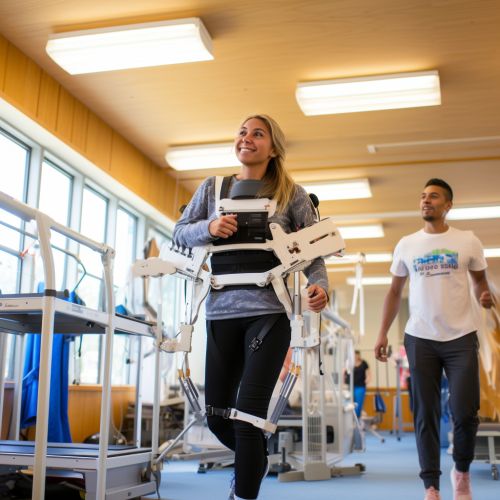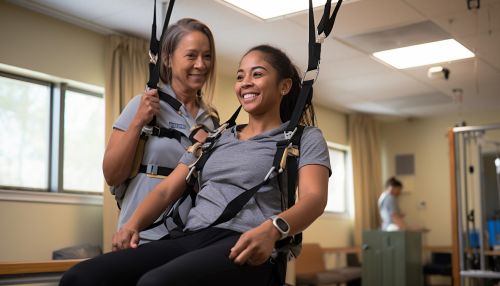The Science of Human Motor Control
Introduction
Human motor control is a complex process that involves the coordination of the nervous system and muscles to produce movement. This process is essential for performing everyday tasks, from simple actions like walking and eating to more complex activities like playing a musical instrument or participating in sports. Understanding the science of human motor control requires an understanding of several key concepts, including motor neurons, motor cortex, motor learning, and motor control theories.

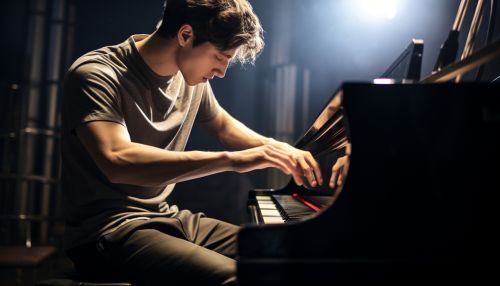
Motor Neurons
Motor neurons are the nerve cells that transmit signals from the brain and spinal cord to the muscles, causing them to contract and produce movement. There are two main types of motor neurons: upper motor neurons and lower motor neurons. Upper motor neurons originate in the brain and transmit signals to the spinal cord, while lower motor neurons transmit signals from the spinal cord to the muscles. Damage to motor neurons can lead to motor neuron diseases, such as Amyotrophic Lateral Sclerosis (ALS) and Spinal Muscular Atrophy (SMA).
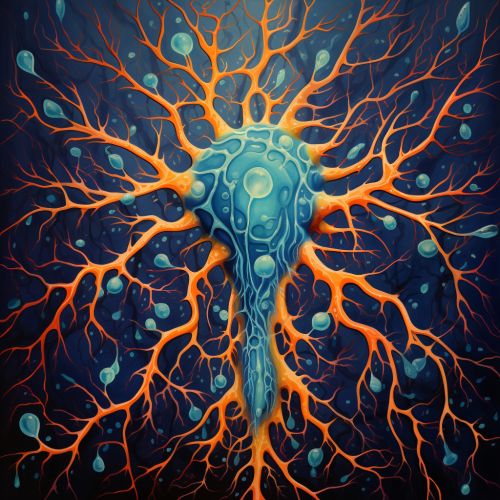
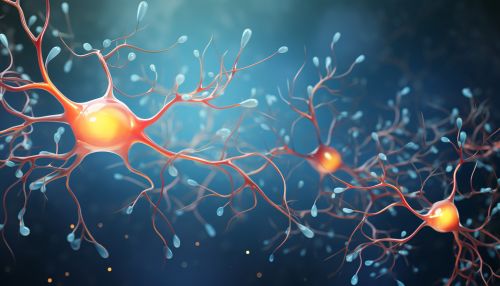
Motor Cortex
The motor cortex is a part of the brain that is involved in planning, control, and execution of voluntary movements. It is located in the frontal lobe, just anterior to the central sulcus. The motor cortex can be divided into several areas, including the primary motor cortex, the premotor cortex, and the supplementary motor area. Each of these areas plays a different role in motor control. For example, the primary motor cortex is responsible for the direct control of muscles, while the premotor cortex and supplementary motor area are involved in the planning of movements.
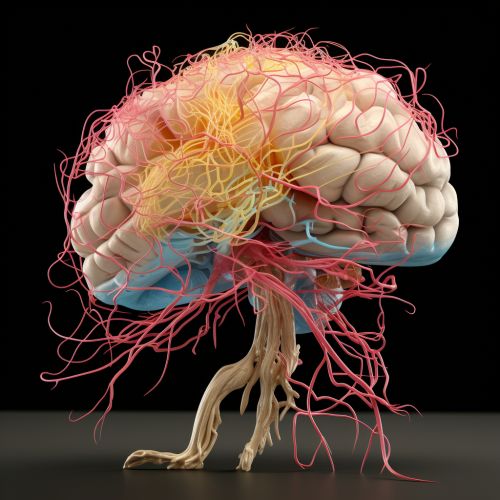
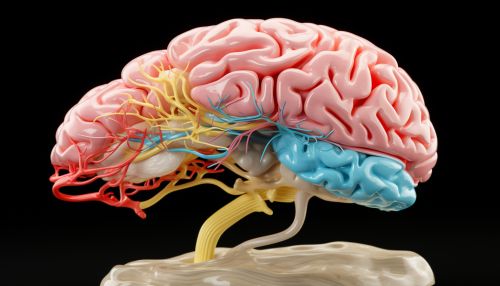
Motor Learning
Motor learning refers to the process of improving motor skills through practice and experience. This involves changes in the central nervous system that enable a person to produce new motor skills and improve existing ones. Motor learning is a key component of rehabilitation after neurological injuries, such as stroke, and is also important in learning new skills in sports and other activities. There are several theories of motor learning, including the schema theory and the dynamic systems theory.

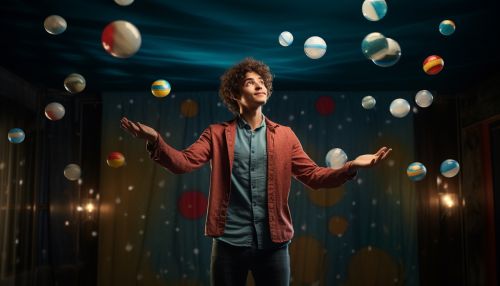
Motor Control Theories
Motor control theories aim to explain how the nervous system controls movement. There are several major theories of motor control, including the hierarchical theory, the systems theory, and the ecological theory. The hierarchical theory proposes that motor control is organized in a top-down manner, with the brain controlling the spinal cord and muscles. The systems theory suggests that motor control is the result of the interaction of multiple systems, including the nervous system, the musculoskeletal system, and the environment. The ecological theory emphasizes the role of the environment and the task in shaping motor behavior.
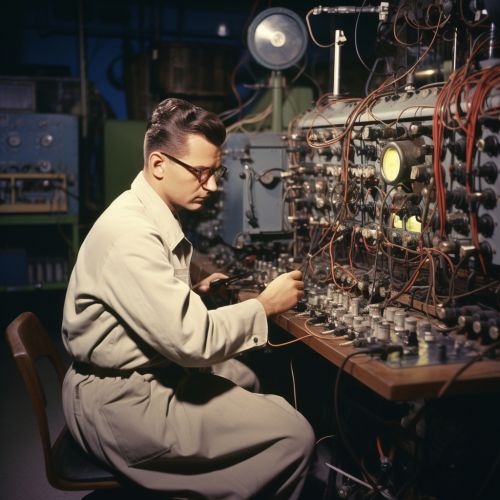
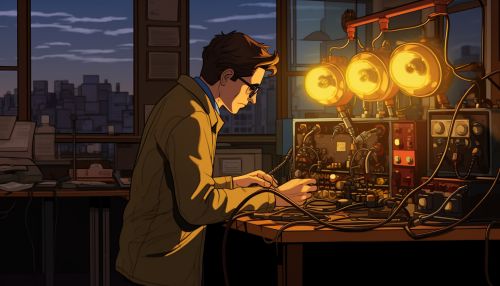
Conclusion
The science of human motor control is a complex and fascinating field that involves the study of the nervous system, the muscles, and the environment. Understanding this process is essential for improving motor skills, treating neurological disorders, and designing effective rehabilitation programs. As research in this field continues, we can expect to gain a deeper understanding of how we move and how we can enhance our motor abilities.
